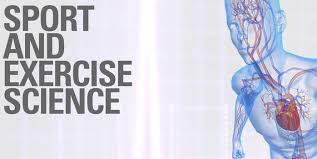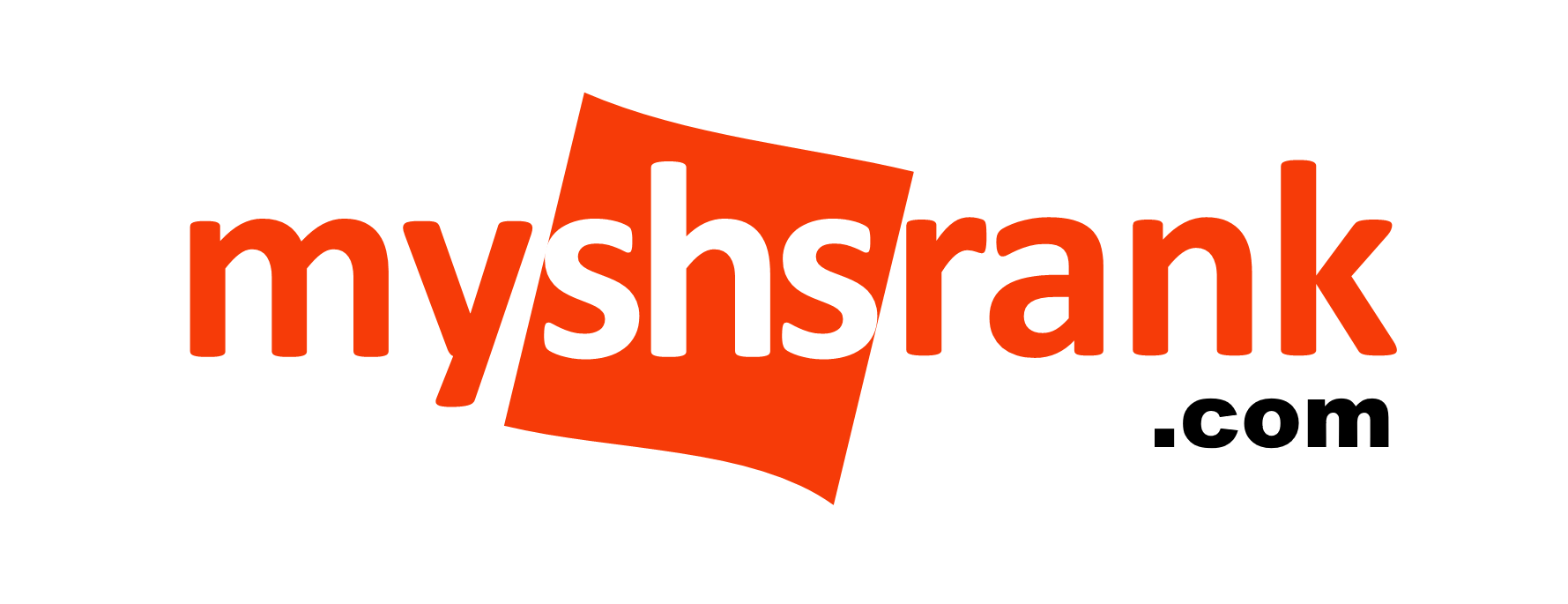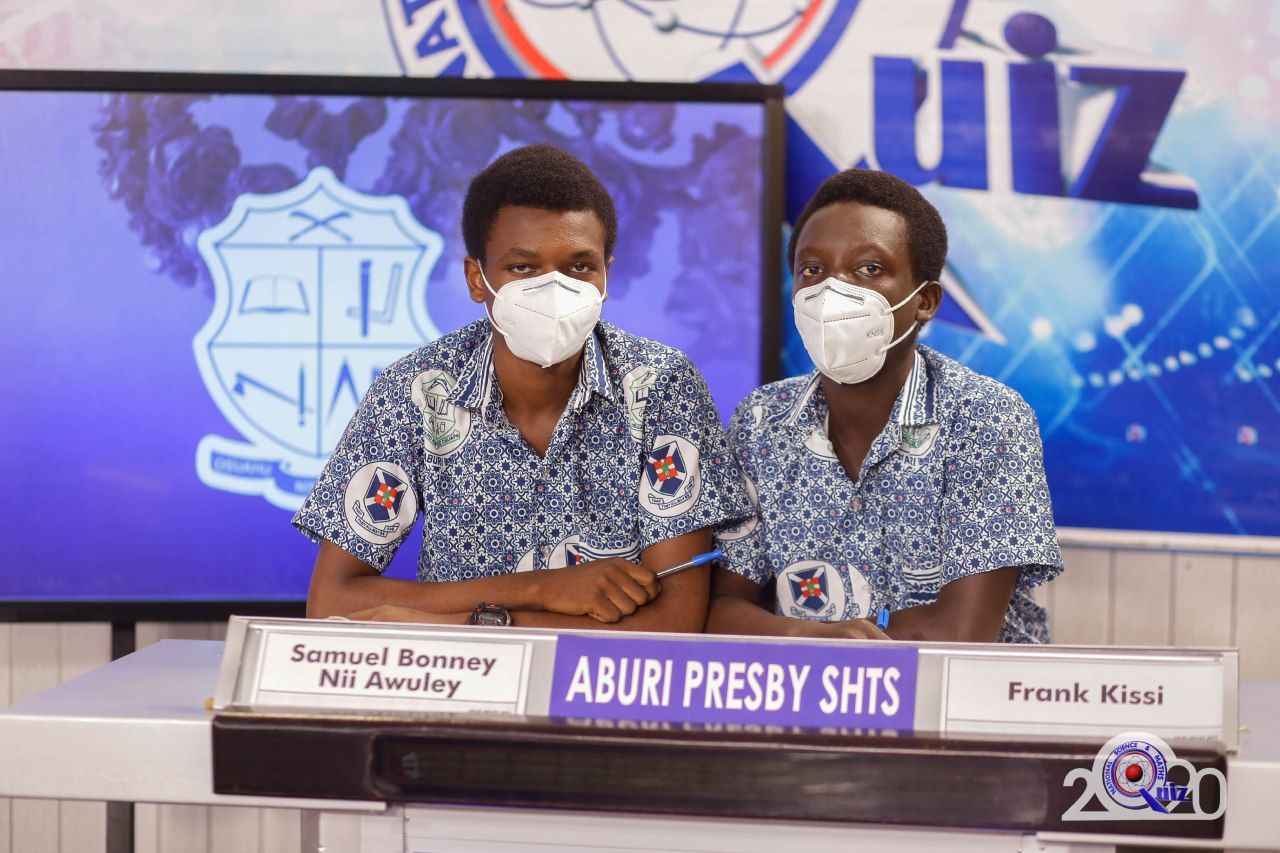career opportunities with sport and exercise science degree

A sport science degree is a great start for a career in the sports industry, but you'll also gain valuable business and management skills which can be used in many jobs
Job options
Jobs directly related to your degree include:
- Exercise physiologist
- Fitness centre manager
- Personal trainer
- Secondary school teacher
- Sports administrator
- Sports coach
- Sports development officer
- Sports therapist
Jobs where your degree would be useful include:
- Choreographer
- Clinical scientist, cardiac sciences
- Event manager
- Health improvement practitioner
- Higher education lecturer
- Nutritionist
- Outdoor activities/education manager
- Sport and exercise psychologist
Work experience
Look for opportunities that match the career you'd like to go into. Try youth sport volunteering if you're interested in coaching, or get work experience in a school if you'd like to teach PE. Part-time work in a leisure centre is helpful, either in the admin and marketing side, or in fitness instruction and pool attendant work.
You can also gain great experience working in the sports section of a children's summer holiday scheme, in health promotion with local communities or in outdoor pursuit activities.
Typical employers
Jobs are available with a range of organisations in the public, private and not-for-profit sectors, including:
- professional sports clubs
- national sporting associations, governing bodies and other related sporting agencies
- private health and fitness clubs, spas and public sports and recreation facilities
- local authorities
- schools, further education and higher education institutions
- the health sector, including the NHS.
As a sport and exercise science graduate, you may also go on to set up your own business or consultancy.
Skills for your CV
A degree in sport and exercise science gives you an understanding of sports performance and the factors that affect behaviour in sport. You gain subject-specific knowledge in areas such as physiology, psychology, biomechanics and nutrition.
You'll also develop a set of core skills that can be used in lots of different careers, including:
- research and data analysis
- the ability to work on your own initiative and as part of a team
- presentation and oral communication skills
- written communication skills, including report writing
- time management and planning
- effective problem-solving
- professionalism and customer focus
- a good understanding of information technology.





